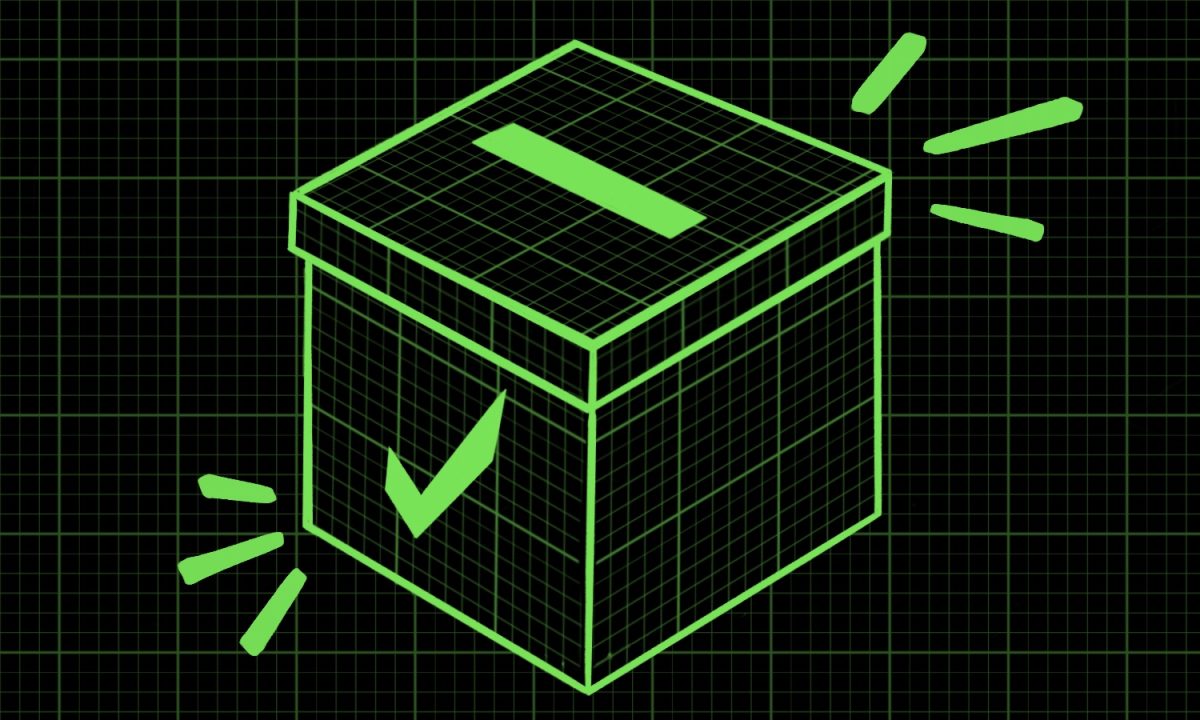The college student’s all-nighter could almost be considered a rite of passage with how commonly and almost fondly it’s discussed. With finals right around the corner, students might struggle to effectively balance schoolwork with their daily activities. This is certainly not the ideal lifestyle to lead for young adults.
“Sleep affects the brain to consolidate learning and memory, which means you will not be able to recall what you studied well, or what you studied will be all out of order and hard to remember,” said Colorado State University Ph.D. student Rahmi Lee, who studies REM sleep. This means those 11 p.m. nights at Morgan Library may do students more harm than good.
“Sleep deprivation affects mood in a negative way,” Lee said, explaining that not getting proper sleep can affect emotional well-being as well as one’s cognition.
“If I don’t sleep enough, I notice I’m very sad and unmotivated in the mornings,” said Regan Roach, a current CSU graduate research associate student. “I think academic stress contributes the most to the problems I have maintaining a healthy sleep schedule.”
While Roach does try to follow a nightly routine of setting up an alert on her phone as a reminder of her bedtime, it can still be a struggle for her to fall asleep due to racing thoughts about her current studies and tasks.
“Nearly three-fourths of college students report getting less than eight hours of sleep each night,” said Ph.D. candidate of CSU’s Sleep and Metabolism Laboratory Sophie Seward, referencing a study examining the sleep habits of college students.
The study Seward referenced found that 20% of college students reported pulling an all-nighter at least once in the month preceding the survey.
“I think we praise sleep deprivation in college and especially in grad school,” Roach said. “There’s this idea that if you didn’t sleep at all or pulled an all-nighter doing work or studying that you’re somehow better than your peers, which is an incredibly unhealthy mindset.”
What can be done about this?
“Sleep deprivation really impacts all aspects of lifestyle choices,” said Kristen Cardona, a nurse practitioner with Unity Sleep Disorders Center of Rochester, further bringing up the connections between sleep and hormone regulation, mood stability, metabolic processes and cognition.
“Try to keep a regular sleep schedule, similar bedtime, similar wake time,” Cardona said.
Cardona also mentioned other helpful tips for sleep, such as using ear plugs or white noise, avoiding electronics before bed and no caffeine seven to eight hours before sleep and getting seven to nine hours of sleep every night for proper cognitive function.
There is little recent discussion or study on student health pertaining to sleep, nor are there many free resources available to students on CSU’s campus.
“I think we need to give students reminders throughout the academic year, maybe via email, about how important sleep is for both your well-being and performance,” Roach said.
Cardona said college campuses could consider distributing campaign flyers about sleep, creating fun events that provide information on sleep and handing out eye masks, pillows or earplugs to promote good sleeping habits.
Students, staff and faculty can find more information on sleep and how to combat the negative effects of sleep deprivation on the CSU Health Network page, which provides a free assessment to determine sleeping habits as well as general information on types of sleep, signs of sleep deprivation and tips for better sleep. They also provide additional links to websites that supply information on sleep, how it pertains to health and other useful tips to get a better night’s rest.
Reach Kira Shryock at science@collegian.com or on Twitter @CSUCollegian.










Lorna • Nov 22, 2023 at 9:29 pm
It is a great read and a well-researched article on the importance of sleep. I hope college students rest well, knowing that sleep is necessary for studying.